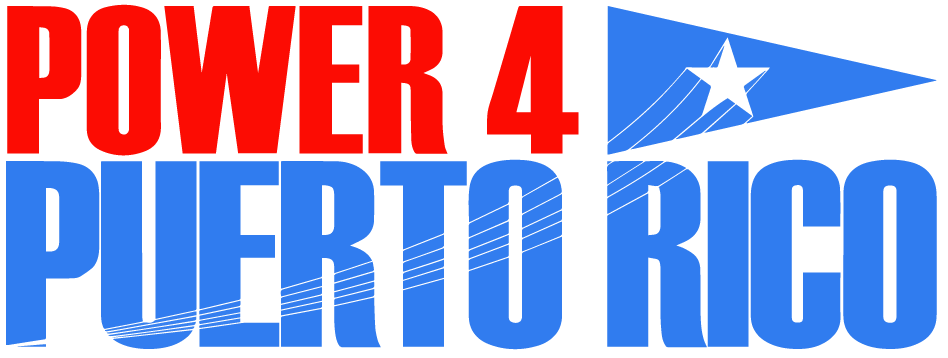Context:
○ Municipalities, counties and townships can declare bankruptcy under Chapter 9 of the Federal Bankruptcy Code in an effort to restructure their debts and get back on track.
○ Thanks to its colonial status, Puerto Rico was explicitly excluded from seeking protection under federal bankruptcy laws, which would have otherwise allowed Puerto Rican municipalities and public corporations to declaring bankruptcy under Chapter 9.
○ Seeing no other option, Puerto Rico’s government passed its own bankruptcy law to allow its financially troubled entities a chance at an orderly restructuring.
The Case: Commonwealth of Puerto Rico et al. v. Franklin California Tax-Free Trust et al. (2016)
○ In simplified terms, this case – via another nuanced decision by the U.S. Supreme Court that continued with its legal fictions - determined that Puerto Rico didn’t have the authority to create its own bankruptcy codes.
Consequences:
○ On one hand, the U.S. Congress denied Puerto Rico access to federal bankruptcy procedures.
○ On the other, the U.S. Supreme Court denied Puerto Rico the ability to legislate its own bankruptcy procedures.
○ In sum, the U.S. government prohibited Puerto Rico from taking action to address its financial collapse.
○ Congress then passed the Puerto Rico Oversight, Management and Economic Stability Act (PROMESA), a law in which Puerto Rico had no say as to what it needed and what would most help its residents out of economic depression. The law stripped the island of the limited self government gained under Commonwealth over internal rule of the island’s affairs, such as budgetary and taxing authorities.

